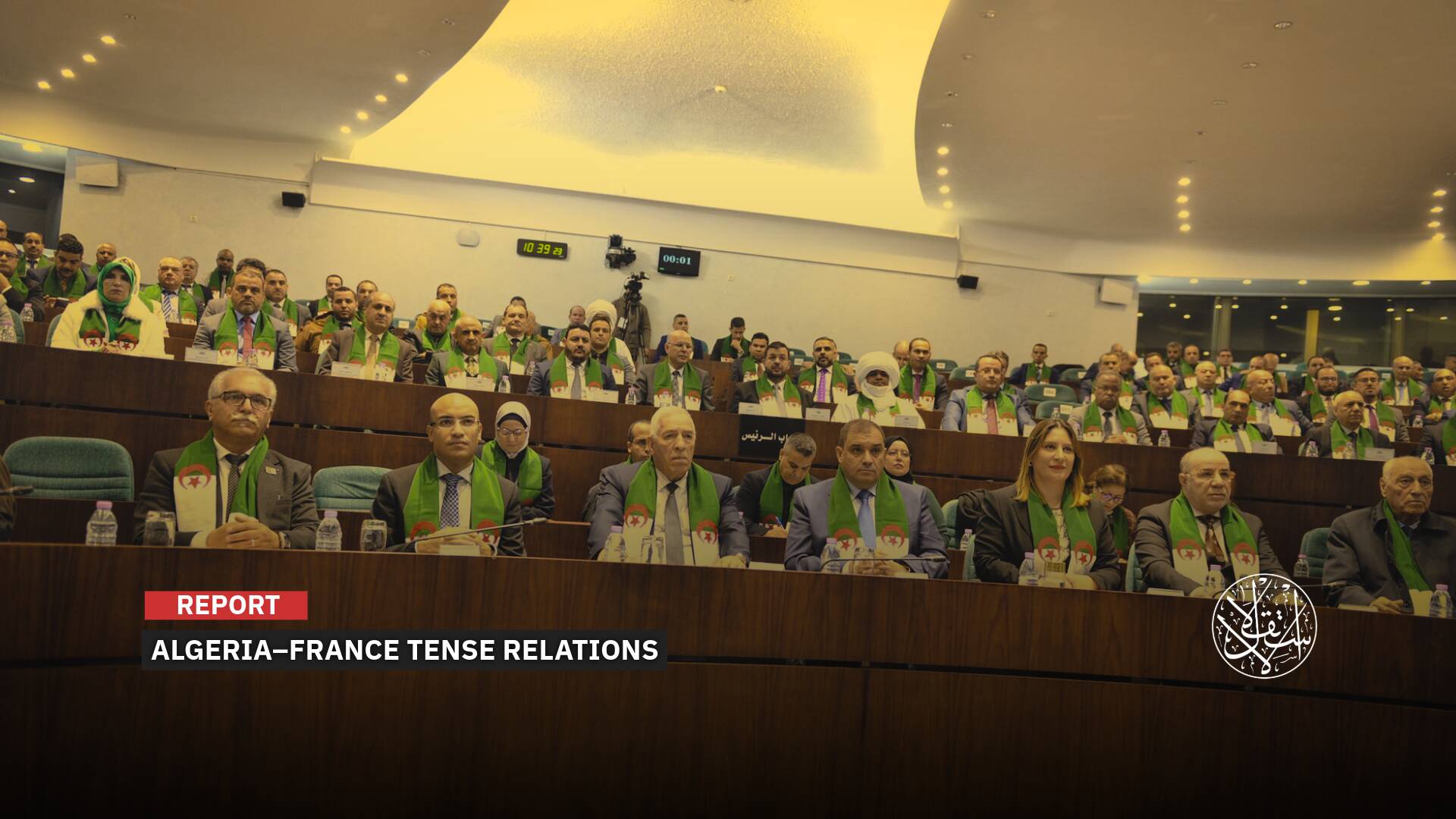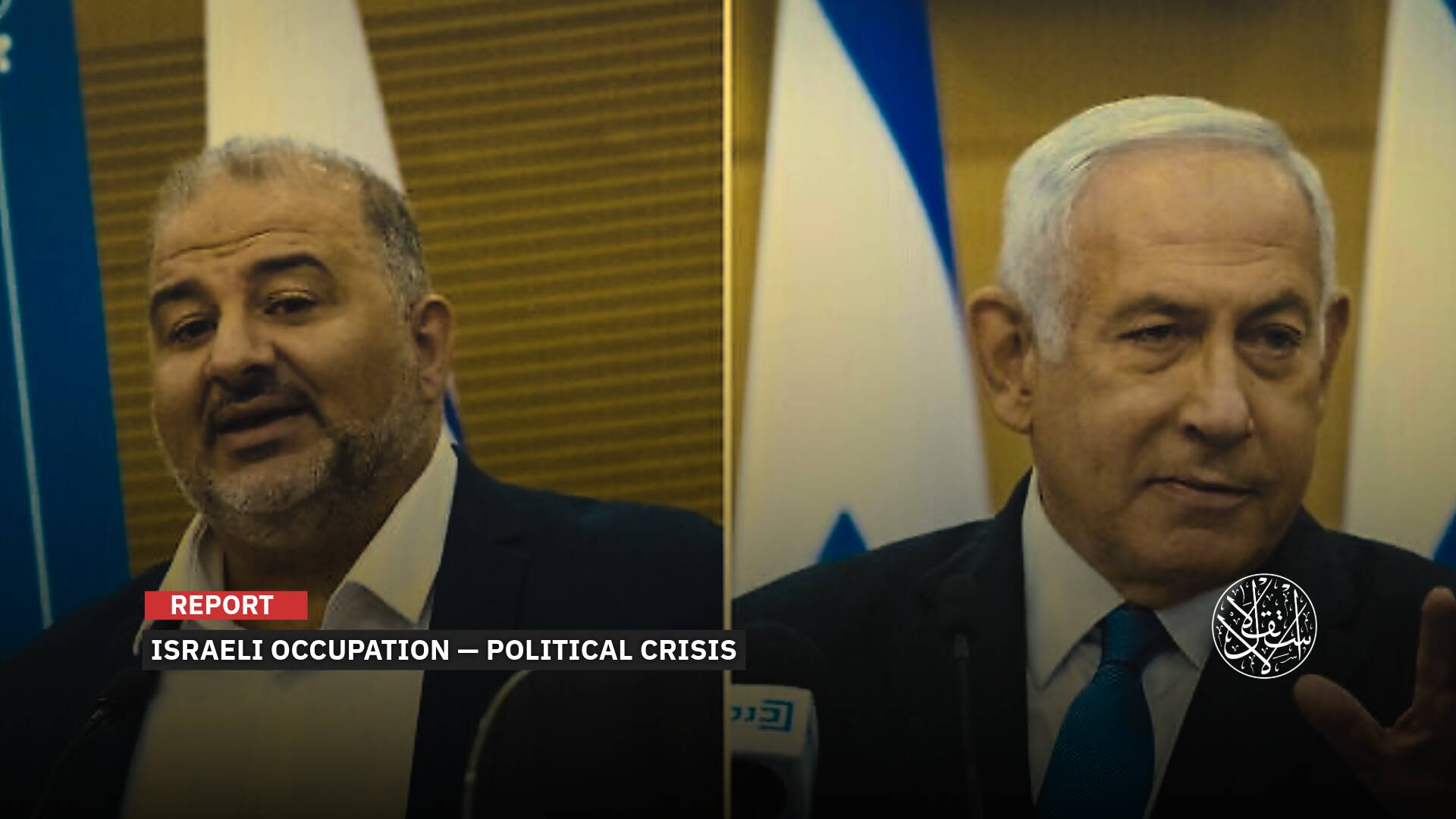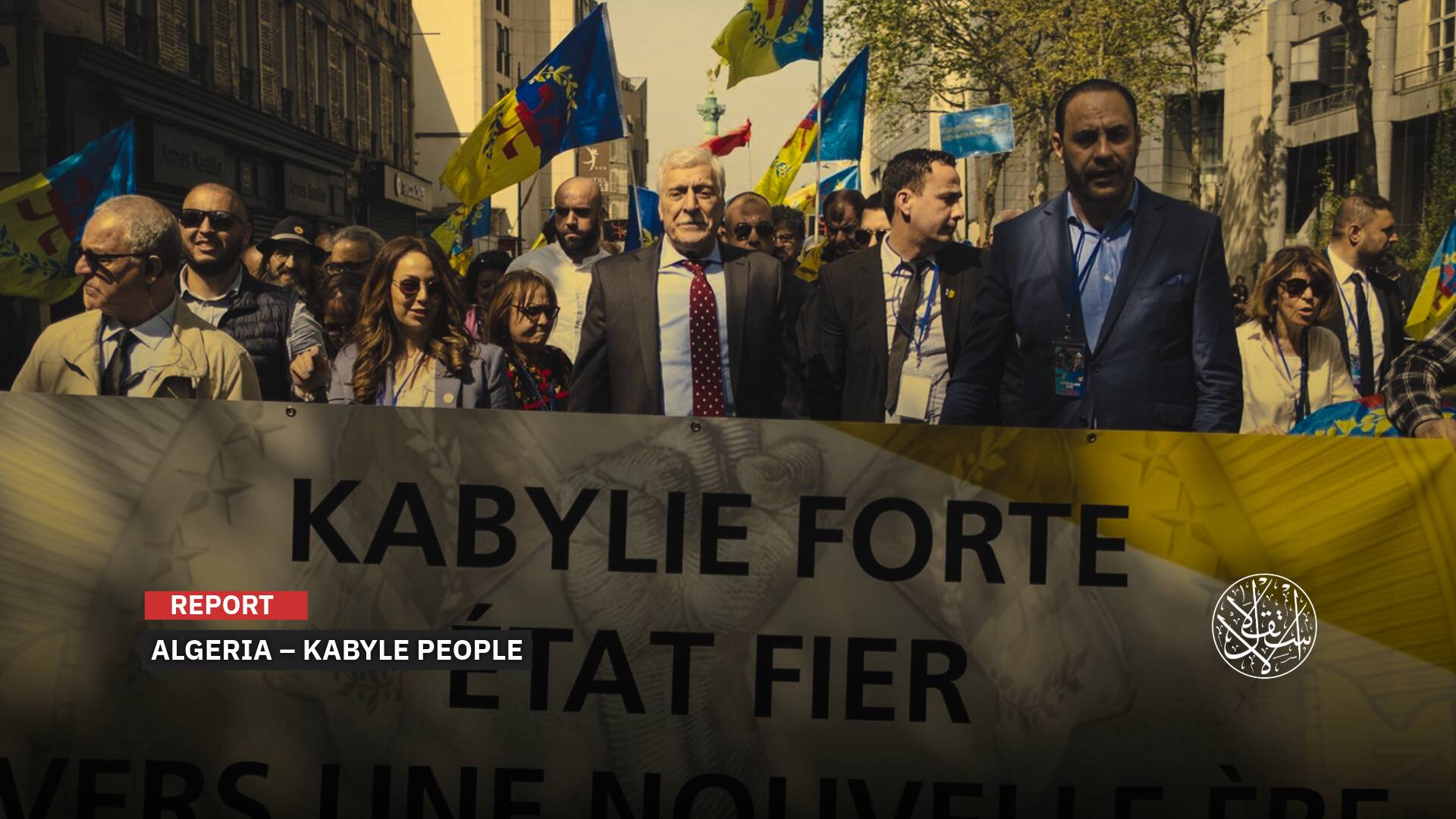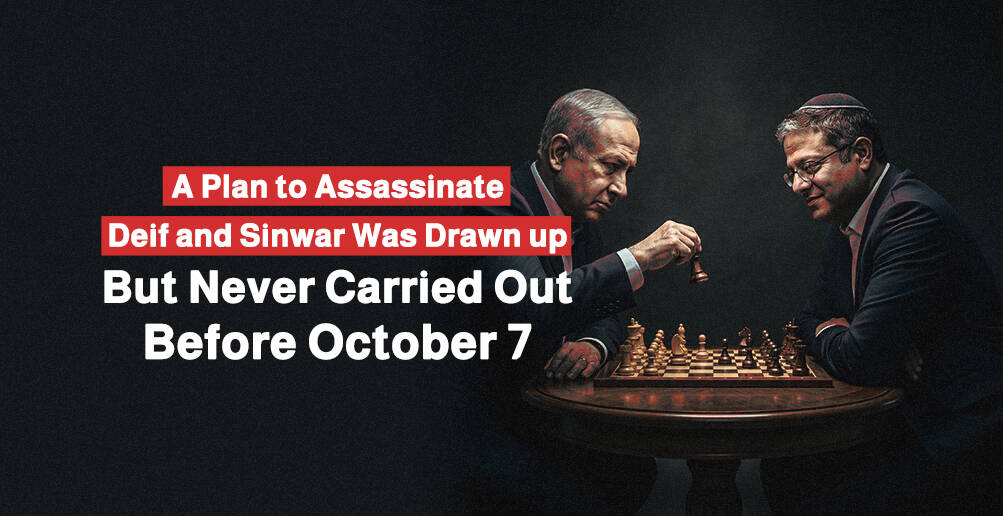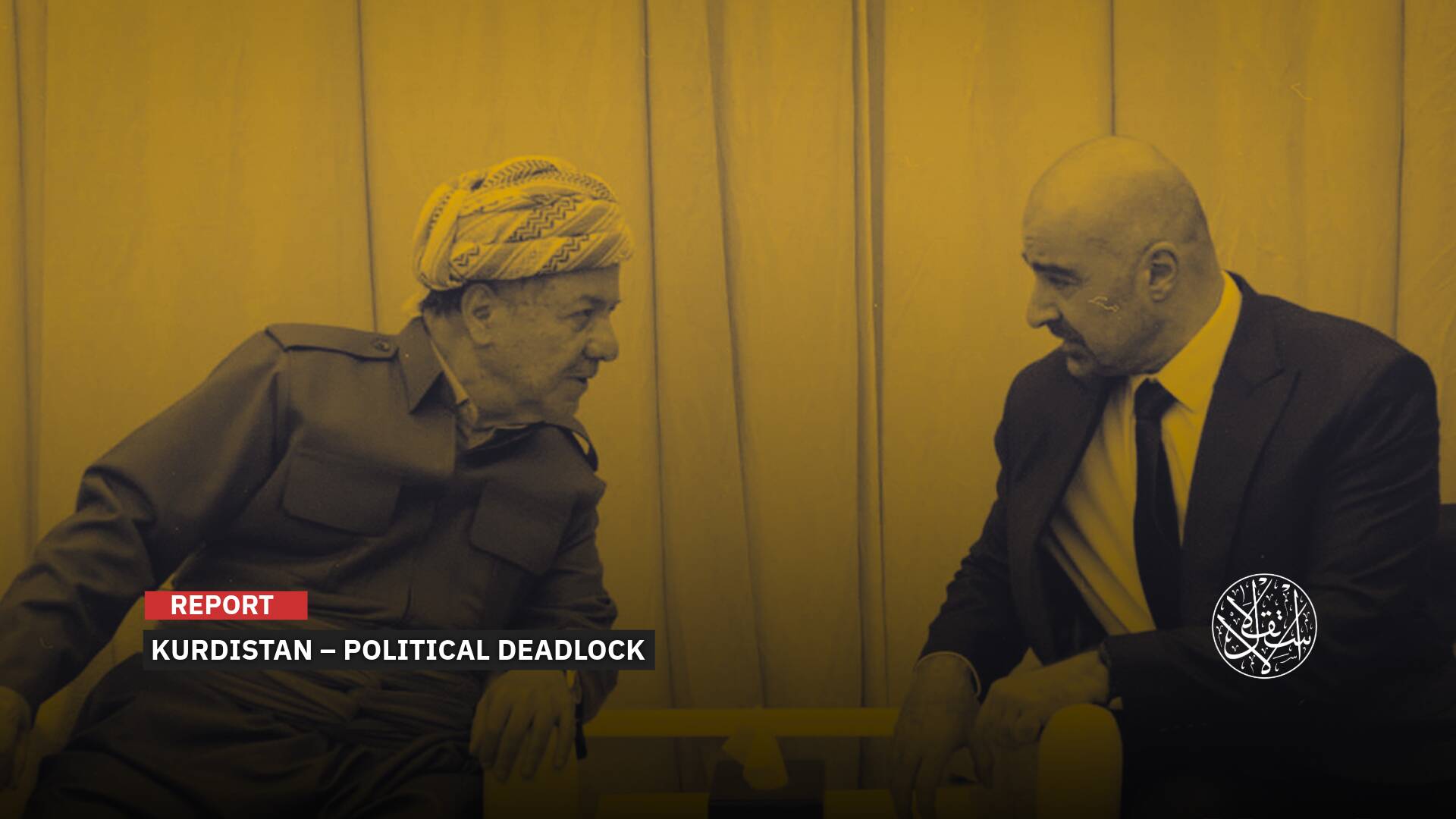An Investigation Exposes the Falsity of the Trojan Horse Plot That Has Been Pursuing British Muslims for 8 Years

On February 10, 2022, the Muslim Council of Britain called for an independent public inquiry into what is known in the media as the “Trojan Horse of Birmingham,” after the falsity of the case was exposed in a podcast investigation published by The New York Times in February 2022.
In his statement, it said, “The truth must now emerge. Who was behind this hoax? Why have decision makers rejected crucial evidence presented at every turn? We know who the victims of this conspiracy are, but who are the beneficiaries?”
In the wake of the Birmingham plot, the British government used the Trojan horse hoax as a means to achieve the Anti-Terrorism and Security Act 2015, which is legislation that requires all public sector workers to report children they feel are vulnerable to extremism, which led to thousands of Muslim children being reported every year.
PRESS RELEASE: Who was behind the National Hoax? Muslim Council of Britain Calls for Independent Public Inquiry into ‘Trojan Horse’ Affair | 10th February 2022
— MCB (@MuslimCouncil) February 10, 2022
➡️Read full PR online: https://t.co/E3Heq5pTL4#TrojanHoax pic.twitter.com/gAZPwyWfZB
Islamophobic Hoax
In 2014, a mysterious message shocked the British media after it claimed there was a scheme for the Islamization of British Public Schools, changing some educational laws in the classroom, and giving it an Islamic character in Birmingham and other British cities, in a plot dubbed “Operation Trojan Horse.”
The message caused a state of national panic and prompted the British government to strengthen its anti-terror policy in the country.
Although numerous investigations were opened at the time into possible extremism, no evidence of the conspiracy was found.
But an investigation by the New York Times in February asked the right questions and revealed the falsity of the mysterious message, explained serious flaws in the official British reports on the case, and re-shed light on the details of the conspiracy in more depth after asking who wrote the letter and why?
In a report published by the Australian The Conversation website on February 17, academic writer Chris Allen at the University of Leicester says that “journalists Brian Reed and Hamza Syed who conducted the investigation for the New York Times, found nothing to indicate that the mysterious message was real.”
The writer acknowledges that he, in turn, fought a psychological struggle over the validity of these allegations, as he had lived in Birmingham for more than two decades, and conducted extensive research on Muslim communities in the city.
While it was interesting to investigate the mysteries of these allegations, the writer states that he was concerned that this would distract attention from the negative effects of this scandal on the lives of ordinary people.
For him, it is important for others to understand that the legacy of this issue is still felt today, and that the city of Birmingham and Muslim communities alike is still seen as a source of problems.
The writer points out that the common belief among many people outside the United Kingdom about Birmingham is based on a statement made by terrorism expert Steven Emerson on Fox News, when he described the city as having a Muslim majority.
.jpg)
Social Stigma
In turn, the New York Times journalist Hamza Syed said in a statement to Al-Jazeera Mubasher on February 19: “We found theories that the story started in an elementary school in Birmingham, but the investigation did not lead us to anyone related to the letter.”
“The Minister of Education at the time, Michael Gove, had seen the results of an investigation proving that the message was fake, but this was not announced,” Syed confirmed.
“Despite this, the government at the time imposed on educational institutions the need to make more efforts to address the problem of extremism in schools,” he explained.
The solution offered by the UK government at the time was to include basic British values within the educational program in schools; the problem was thus effectively attributed to Muslims.
“As a result of the official British decisions at the time, an entire generation of Birmingham Muslims was threatened with social stigmatization due to the consequences of the Trojan horse scandal,” the journalist added.
Former students at a school affected by the Trojan horse scandal told the newspaper that they were afraid to mention the name of the school they attended, due to fear of the potential harmful impact of this information on their future education or career prospects, that is, they will be seen as extremists or supporters of extremist principles.
“All of these consequences came from a conspiracy that only existed in the minds of a fanatic nation that was willing to believe that Muslims posed an existential threat,” Syed noted.
The journalist concluded by saying, “Muslims should gather. I did not see a force of resistance to what happened against them in 2014. Many Muslims at the time accepted a discourse based on fake racism against them. Therefore, if there are accusations, they should not be immediately admitted and the truth should be sought.”

It is noteworthy that the alleged plan called “Operation Trojan Horse” was sent by an unknown person to the President of Birmingham City Council in November 2013, it made headlines in British newspapers for several months after it was leaked to journalists in early 2014.
In turn, the Muslim Council of Britain at the time warned the authorities not to be drawn into culture wars initiated by divisive commentators, and rejected the results of government investigations into the case.
In light of the findings of those investigations, a state of emergency prevailed in British society, and sanctions were imposed on 6 schools in Birmingham for promoting extremist views and failing to provide balanced educational programs.
Sir Ian Kershaw of Birmingham City Council said in his report at the time that he had found no evidence of a plot to promote an anti-British agenda or violent extremism or extremism in schools.
Similarly, the Alleged Education Select Committee report at the time concluded only one incident of extremism, stressing that no evidence was found of a plot to seize the city's schools.

False Accusations
Commenting on the new details revealed by the New York Times podcast, John Holmwood, a co-author of a seminal book examining the Trojan horse hoax, has also called for a new investigation into how officials in Birmingham and London handled the case.
Holmwood told Middle East Eye on February 10, 2022: “For teachers falsely accused of misconduct and a society falsely accused of non-British values. There must be an urgent investigation into this case being addressed by the Department of Education and Birmingham City Council.”
Zara Mohammed, General Secretary of the Muslim Council of Britain, said: “This New York Times audio series reveals the entrenched nature of institutional Islamophobia in the UK.”
“Their findings are an indictment on British policy-making and the media echo chamber on which they depend,” she noted.
“Each episode of the podcast is a damning indictment of how narratives and metaphors continue to fuel a story of moral panic, in which British Muslims are so central,” she added.
“We call for an independent public investigation into the Trojan Horse case, ad a public apology to the Muslim community from the officials who ignored the facts presented to them,” Zara noted.

There are about 2.7 million Muslims in the United Kingdom, which is 4.8 percent of the country's total population, according to estimates, the number of Muslim schools in Britain was estimated at 136 schools–125 of which are in the private sector–in addition to 1,600 mosques in teh country.
Sources
- The Trojan Horse affair: Islamophobia scholar on the long shadow cast by the scandal
- An unlikely duo chases down the origins of a mysterious letter that caused a national scandal
- Who was behind the National Hoax? Muslim Council of Britain Calls for Independent Public Inquiry into ‘Trojan Horse’ Affair
- 'Fantasy racism' – The Trojan Horse case still haunts Muslims in the world of Islamophobia [Arabic]




